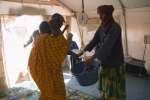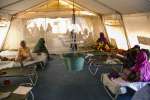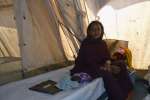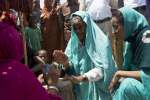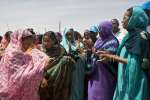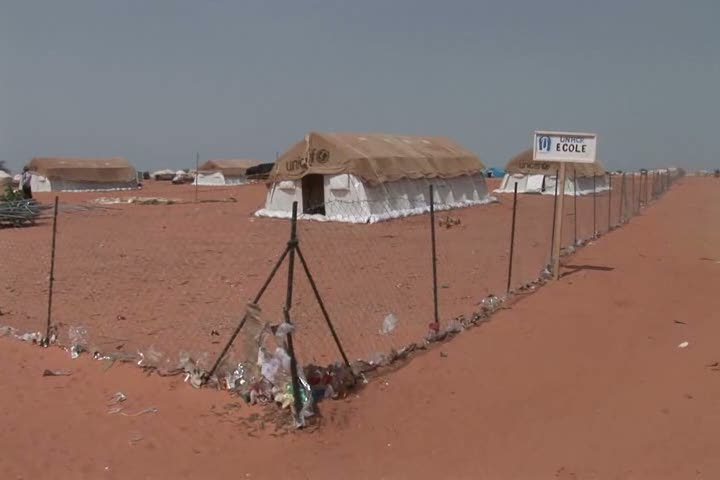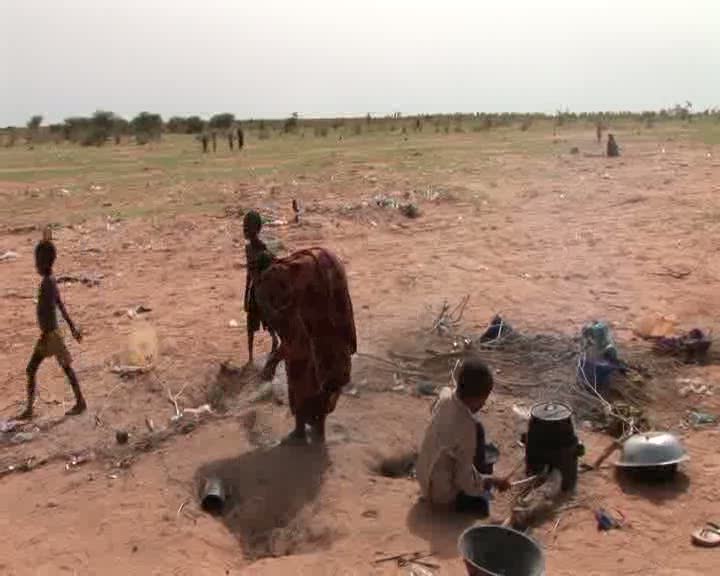UNHCR helps more than 10,000 Mauritanians return home
News Stories, 28 April 2009

NOUAKCHOTT, Mauritania, April 28 (UNHCR) – UNHCR has helped more than 10,000 Mauritanian refugees return home from years of exile in Senegal under a programme launched at the beginning of last year.
The 10,000 landmark was reached and passed last week when a convoy carrying 360 Mauritanians crossed the Senegal River and arrived to a warm and colourful welcome in the town of Boghé in south-west Mauritania's Brakna province.
Amath Thioye was named the 10,000th returnee and given the place of honour in a special tent erected for the occasion. He and his family were surrounded by dignitaries, including government officials and UNHCR staff members.
"I am deeply grateful to everyone who made it possible for me and my family to return home today," said the emotional 55-year-old, who had spent more than two decades as a refugee in Senegal.
He and others on the convoy also thanked Senegal and its people for hosting them for so long in one of the world's most protracted refugee situations.
"It was tragic events, that were out of all of our hands, which led to many Mauritanians fleeing to Senegal," said one refugee. "We are grateful for the people of Senegal for hosting us for these many years, for the Mauritanian authorities for making this return possible and for UNHCR for realizing our dream of returning home."
UNHCR launched its repatriation programme for thousands of Mauritanians in January last year. Last week's return convoy was the 44th organized by the refugee agency, which is also contributing to reintegration programmes for the returnees, including income generation and water projects.
In 1989, a long-standing dispute between Mauritania and Senegal over the location of their common border escalated into ethnic violence. Tens of thousands of Mauritanians fled to Senegal and Mali.
Many have returned spontaneously since then, but considerable numbers remain. They have been waiting for the right moment to return with assistance and guarantees for their safety. In 2007, Mauritanian President Sidi Ould Cheikh Abdallahi invited the refugees to return home.
Most of the refugees from Mauritania live in makeshift settlements along a 600-kilometre stretch of the Senegal River Valley, bordering Mauritania. In Mali, most of the refugees are settled in areas close to the border with Mauritania.
The refugees have maintained strong ties with their homeland and continue to claim their Mauritanian identity. At the same time, they have tried to integrate as best as possible. UNHCR has provided support.






